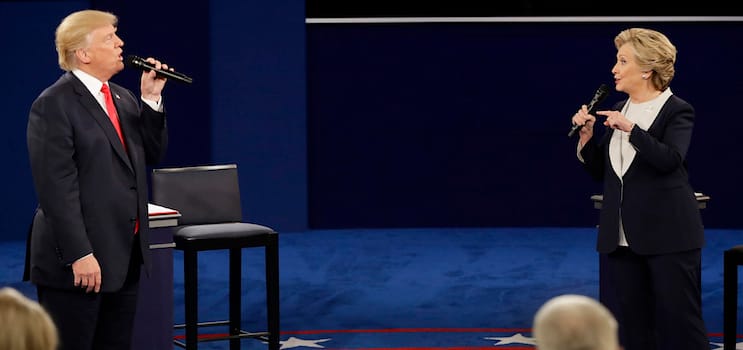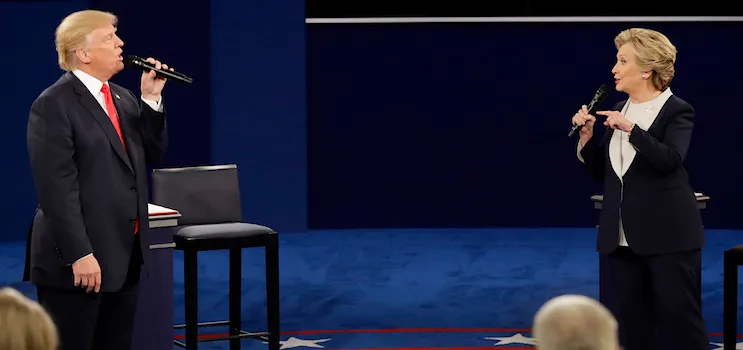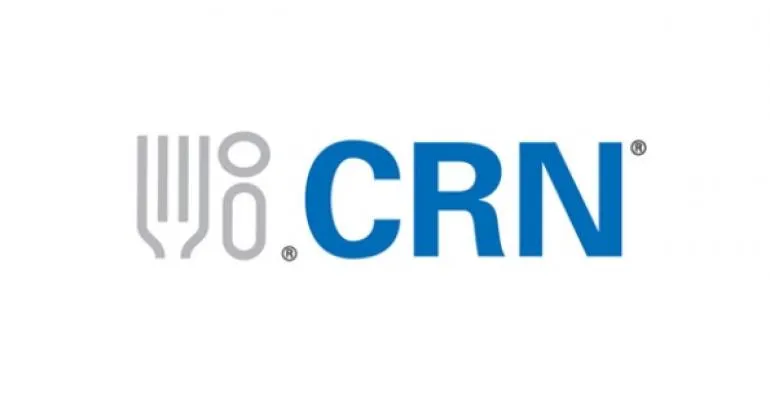
(Photo courtesy NPR/AP)
WASHINGTON — Change is apparently looming for the Affordable Care Act, regardless of whether Hillary Clinton or Donald Trump wins the 2016 presidential election.
Though it’s uncertain if health care will emerge as a topic at tonight’s third and final presidential debate in Las Vegas at the University of Nevada, the issue was the subject of an exchange between Clinton and Trump at the second debate.
When a questioner at the town hall-style presidential debate in St. Louis commented that the ACA is not affordable, Hillary Clinton said, “I’m going to fix it, because I agree with you. Premiums have gotten too high. Co-pays, deductibles, prescription drug costs, and I’ve laid out a series of actions that we can take to try to get those costs down.”
Donald Trump, in response to the same questioner, said, “Obamacare is a disaster. You know it. We all know it. It’s going up at numbers that nobody’s ever seen worldwide. Nobody’s ever seen numbers like this for health care.” He said the law must be repealed and replaced.
Clinton commended the ACA for providing health insurance for 20 million people who lacked it and for guaranteeing coverage for people with pre-existing conditions. She also praised it for eliminating lifetime limits, ending disparate costs for men and women and allowing young adults to stay on their parents’ plans.
“So I want very much to save what works and is good about the Affordable Care Act,” she said. “But we’ve got to get costs down. We’ve got to provide additional help to small businesses so that they can afford to provide health insurance. But if we repeal it, as Donald has proposed, and start over again, all of those benefits I just mentioned are lost to everybody, not just people who get their health insurance on the exchange. And then we would have to start all over again.”
“Obamacare will never work,” retorted Trump. He contended that it was crushingly expensive for individuals and the country, saying it was going to be one of the biggest budget line items “very shortly.” It must be replaced with a policy that lets plans be tailored, he said, and called for the elimination of “artificial lines” around states that prevent insurance companies from competing.
Trump also cited Bill Clinton’s description of the ACA as “the craziest thing in the world.” Appearing in Flint, Mich., the former president said, “You’ve got this crazy system where all [of a] sudden 25 million more people have health care, and then the people are out there busting it, sometimes 60 hours a week, wind up with their premiums doubled and their coverage cut in half.”
But a day later in Ohio, Clinton said he supported the law, while adding that continued coverage gaps “must be fixed.” He noted his wife’s support for a “public option” insurance plan to compete with policies from for-profit insurers and her backing for extending Medicare eligibility to anyone 55 or older.
Meanwhile, the investigative arm of Congress found that the White House violated the ACA in a $5 billion dispute over compensating insurers for high costs from seriously ill patients. The finding from the Government Accountability Office provided fuel for Republican complaints that Obama administration officials bent the law as problems emerged carrying out its complicated provisions. The determination could also hinder attempts to halt premium increases in the coverage obtained from online exchanges, where some 11 million people get insurance. The administration said it rejects the GAO opinion.
White House press secretary Josh Earnest also said that while Obama is “quite proud” of the ACA, “since the first day the president signed this bill into law, he acknowledged an openness to working with Democrats or Republicans in Congress to further strengthen it. And we have seen a sustained commitment on the part of Republicans to trying to tear down that law.”
Obama has ideas for further strengthening the statute, Earnest noted. “The first is to find a way to ensure that every state across the country is expanding Medicaid, consistent with what was envisioned in the law. There are too many Republican governors that have resisted that effort.” Possibly millions of Americans could have health insurance paid for almost entirely by the federal government if not for the squabble, he said. “That’s petty. It’s small-minded.”
Obama has also proposed the public option to encourage more competition in the insurance marketplace and limit growth in health care costs, Earnest added.
“So the president has some ideas,” he said. “The president put these ideas forward. The president is under no illusions that those kinds of reforms to strengthen Obamacare will be initiated while he is still in office, but he’s hopeful that maybe under the leadership of a new president and a new Congress those kinds of reforms would take place.”
After record increases in fiscal 2015, growth in Medicaid enrollment and total Medicaid spending nationally slowed substantially in fiscal 2016 and are projected to continue to slow in fiscal 2017 as the initial surge of enrollment under the ACA tapers off, according to the 16th annual 50-state Medicaid Budget Survey by the Kaiser Family Foundation’s Commission on Medicaid and the Uninsured. Despite recent trends, Medicaid officials identified high-cost and specialty drugs as an upward pressure on total Medicaid spending.
The survey also shows an increase in state Medicaid spending growth in fiscal 2017 tied to the requirement for the 31 Medicaid expansion states (plus Washington, D.C.) to start paying a 5% share of expansion costs beginning January 1. The federal government paid 100% of the expansion costs in 2014-2016.









